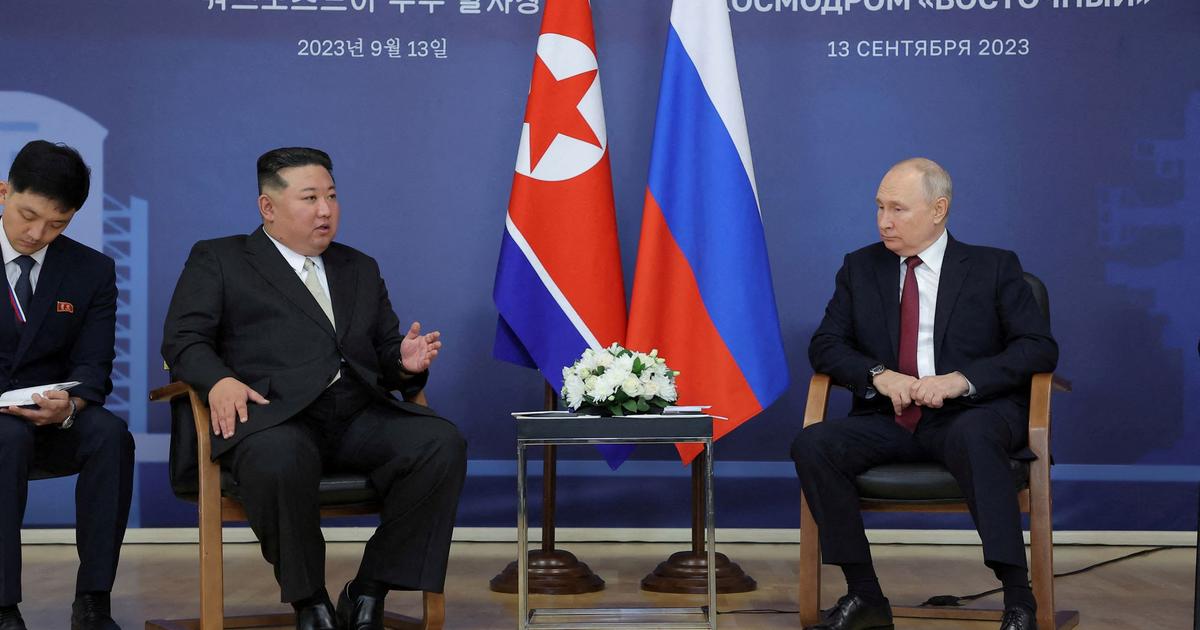While waiting for a vaccine against the new coronavirus, certain drugs used to treat the symptoms of the disease are likely to be sorely lacking in Europe, the continent most mourning.
Read also: Coronavirus: the list of drugs containing non-steroidal anti-inflammatory drugs
The covid-19 pandemic eats stocks, from sedatives administered for the intubation of patients struggling to breathe, to antimalarial drugs whose use has been encouraged by US President Donald Trump. " The continued availability of medicines, especially those used for patients with covid-19, is a major concern ," the Amsterdam-based European Medicines Agency (EMA) said on Monday.
Europe, more than 50,000 dead, hopes further decline in death tolls, but there is still a long way to go and some countries are starting to see drug shortages, or expect them to occur " Very soon, " said the EMA in a press release. At the end of March, nine major European hospitals appealed for help, asking for international cooperation to guarantee a regular supply of medical products.
Read also: Coronavirus: the race for treatment is accelerating
They fear that they will run out of essential drugs for resuscitation patients, such as muscle relaxants, sedatives and analgesic drugs, consumed quickly and with an " insufficient or non-existent " replenishment due to the influx of coronavirus patients .
A situation of “ extraordinary health crisis ” which leads the EMA to take measures: from now on, each pharmaceutical company will report directly to the agency for better communication between industry and the European Union.
Read also: Coronavirus: Sanofi offers anti-malaria Plaquenil to treat 300,000 patients
An existing executive committee, devoted to drug shortages caused by " major events ", which brings together the EMA, the European Commission and the competent authorities of each member country, will examine the regulations which could be relaxed to guarantee supplies.
“Unheard of” request
In France, Prime Minister Edouard Philippe recognized " very strong tensions " on certain drugs necessary for resuscitation and intensive care services, due to an " incredible " demand in the world confronted with the pandemic. According to the Public Assistance-Hospitals of Paris, which brings together 35 hospitals in the region, certain curares, hypnotics, corticoids or antibiotics are in high tension, to different degrees depending on the molecules.
The same is true in Spain, where the Medicines Agency (AEMPS) spoke of " ad hoc tensions " over the supply of certain drugs used in intensive care units to treat patients with covid-19, in particular administered sedatives for intubations.
Read also: Coronavirus: chloroquine, hope and doubts
Health agencies are forced to disseminate good practices in the use of tensioning molecules to hospitals, as well as possible alternatives, where they exist. The French authorities have, for example, authorized, by way of derogation, the use of certain medicines outside their usual use, such as medicines for veterinary use when they have the same active substance as the medicine for human use.
"Unusual prescriptions"
In a guide posted online to help doctors cope with these shortages, the Spanish Society of Intensive Medicine (SEMICYUC) explains that it is obliged to " consider unusual sedation prescriptions ".
The French authorities claim to be in contact with the laboratories to " ensure that France will quickly benefit from a restocking " of the drugs under tension, while the Spanish laboratories have increased the production of the products concerned.
Read also: Coronavirus: with chloroquine, caution is advised
The enthusiasm aroused by certain products which are the subject of highly publicized experimental treatments to treat covid-19 also raise fears of the appearance of supply problems for patients usually treated with these drugs.
This is the case, for example, of chloroquine, a treatment against malaria, and its derivative hydroxychloroquine (Plaquenil in France), or the combination lopinavir / ritonavir (Kaletra and generic) used against HIV.


/cloudfront-eu-central-1.images.arcpublishing.com/prisa/VU7S6EWZZVMMDGHINQUMAFJHCE.jpg)





/cloudfront-eu-central-1.images.arcpublishing.com/prisa/RIEGNR2BRDHJGVEUXQK5ZTXPMI.jpg)